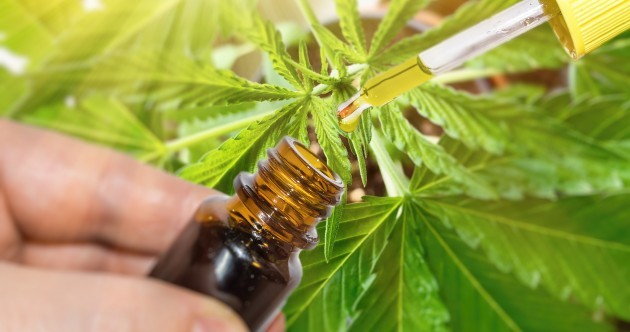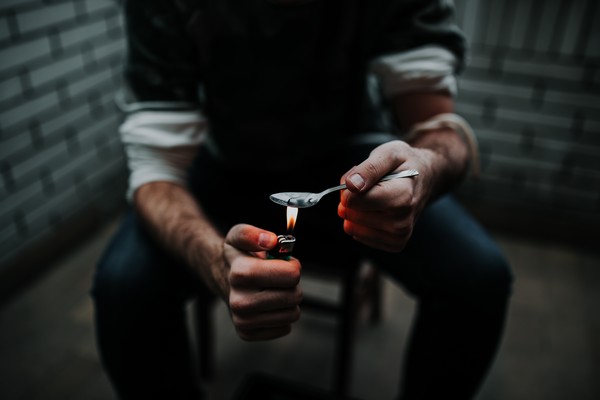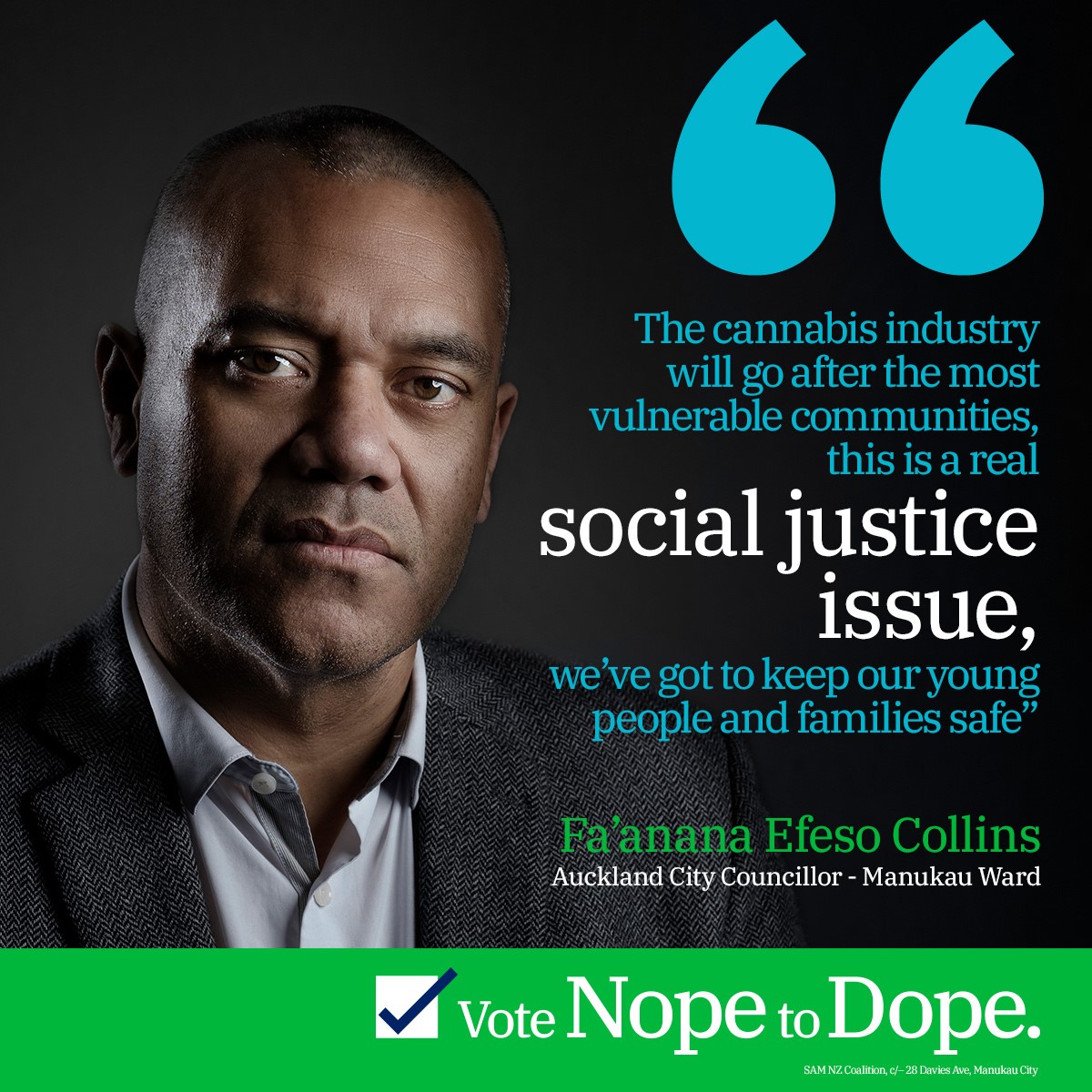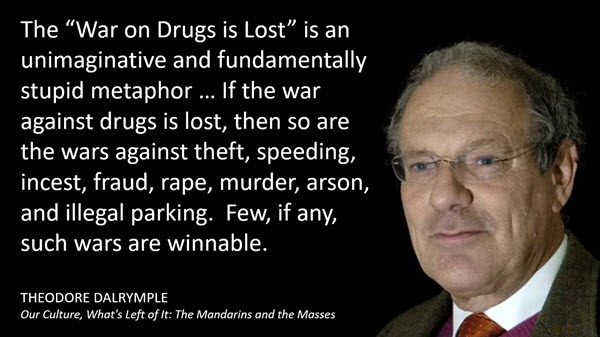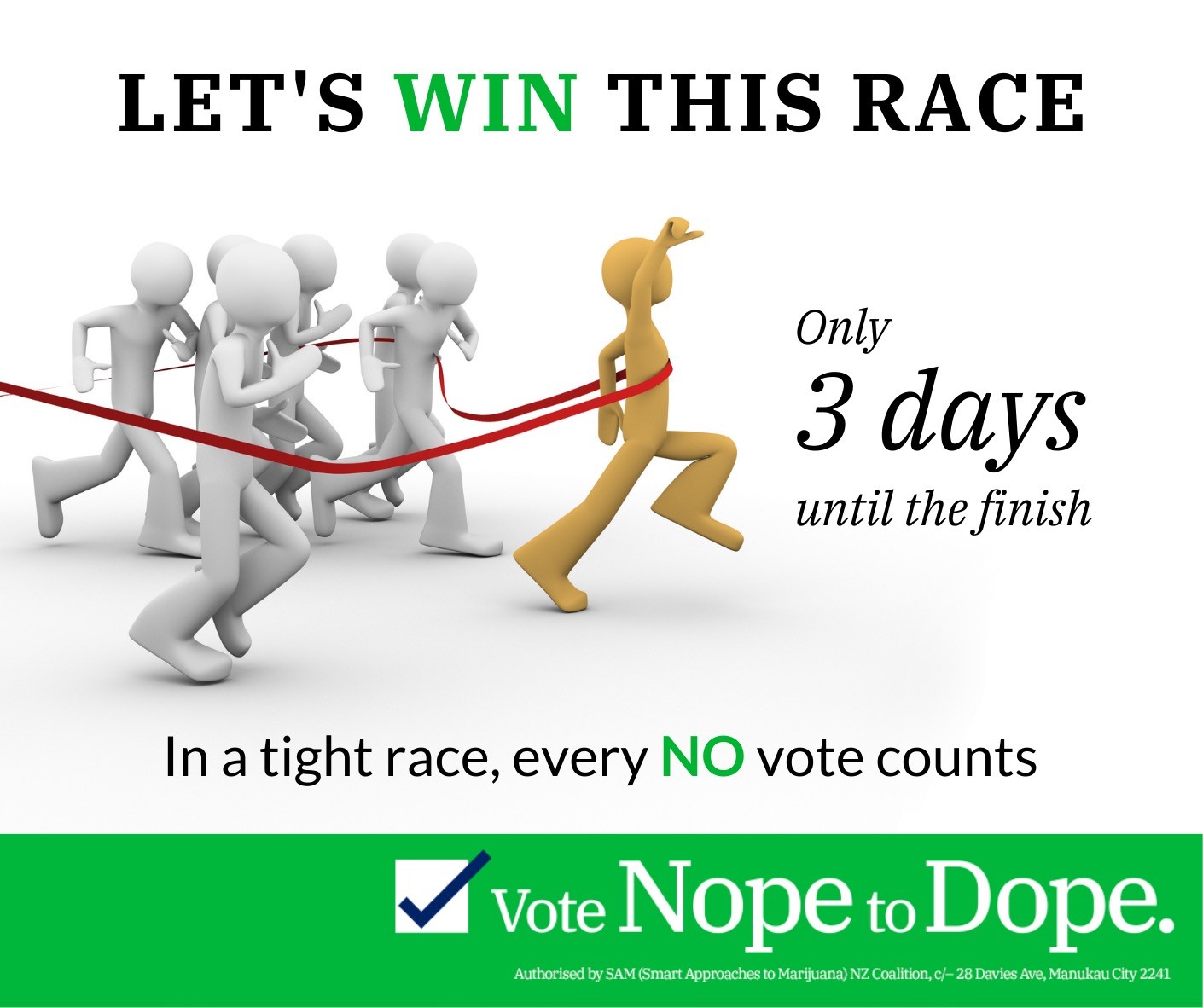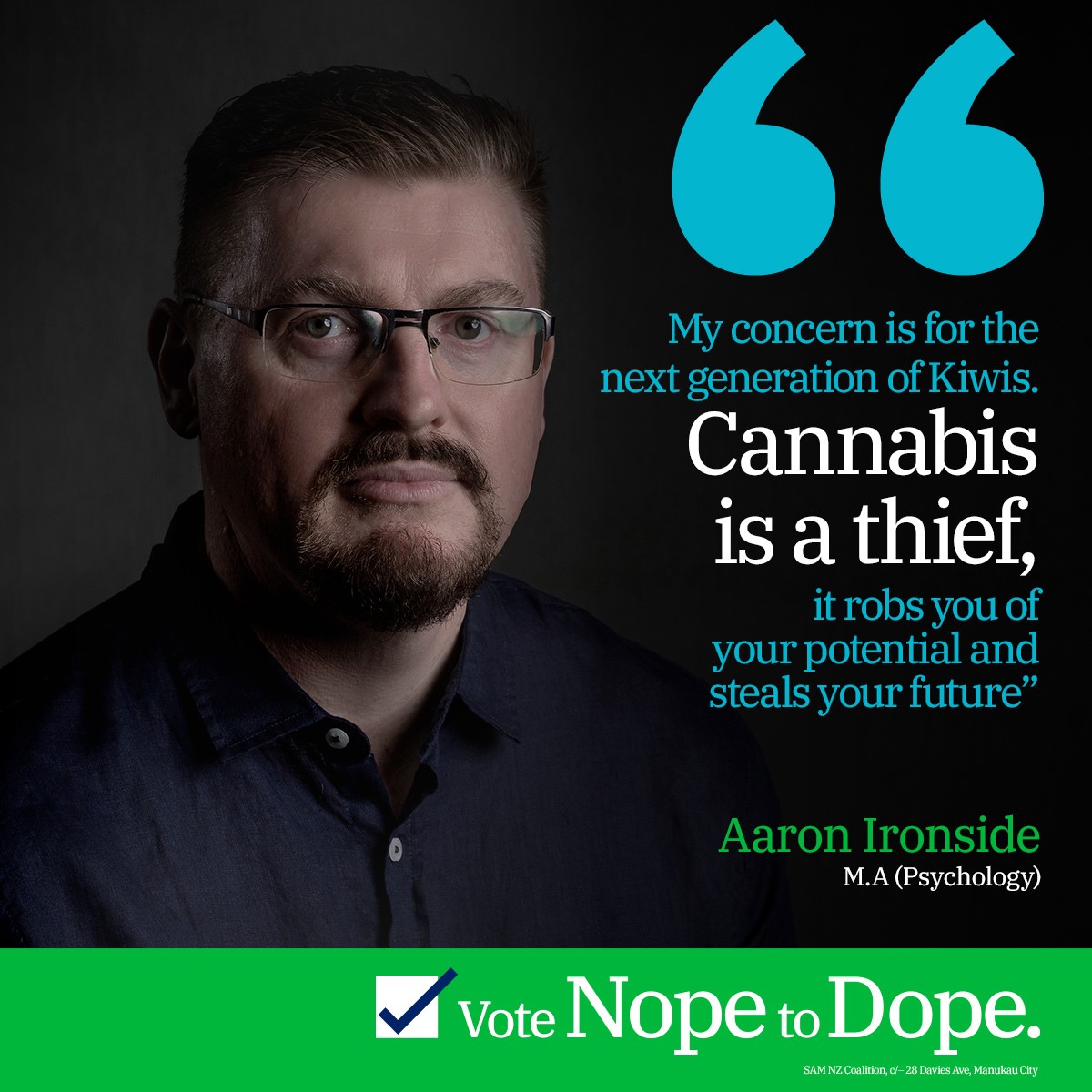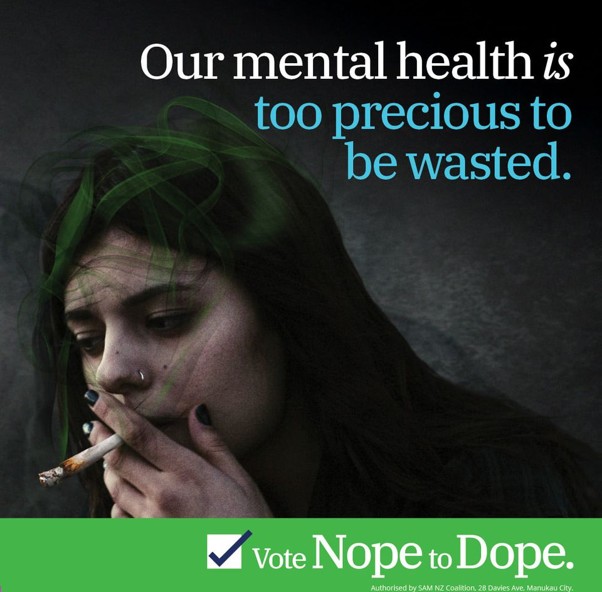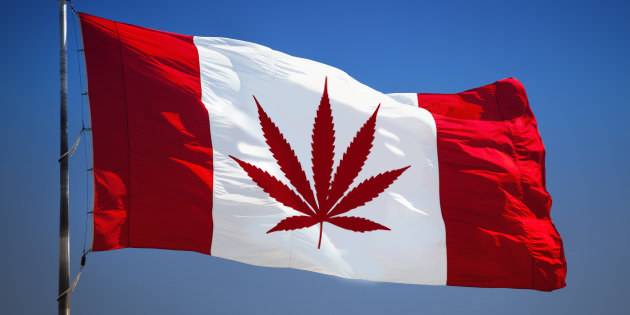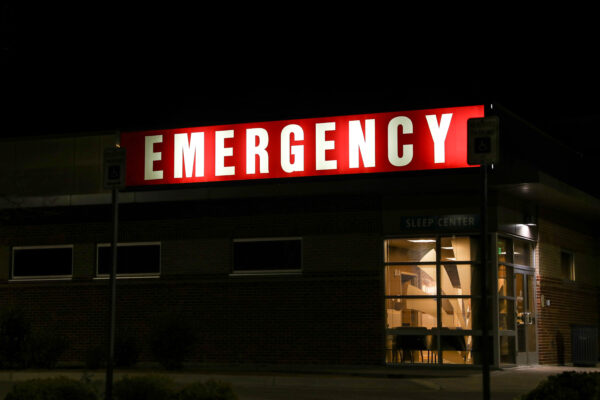
The Epoch Times 27 October 2020
Our additional comment: An excellent summary of what happened to Pueblo in Colorado after legalisation. Disturbing….
“Since legalization in Colorado, Randall and Roberts have seen an increase in all drug use, not just marijuana. Methamphetamine use is up 143%, opiates are up by 10%, and cannabis is up by 57%, according to data from the ER drug screens over the past seven years. “If you pump a community full of drugs, you’re going to have to expect everything that’s associated with them. You’re going to have to expect the crime, addiction.””
It’s a common story across America: A city loses its main employer, usually a manufacturing company with well-paying, blue-collar jobs (that often go to China). The city’s economy crumbles, and those who can move out, do.
Decades later, and looking peeling-paint tired, the city hasn’t managed to recover, but drugs have found a permanent home.
In Pueblo, Colorado, the manufacturer was a steel plant beleaguered by a market crash in the 1980s and worker strikes in the 1990s. And one drug was given a red-carpet welcome.
For years, Pueblo has been looking for industries to revive its economy, and when recreational marijuana was legalized for retail sale in Colorado in 2014, many saw it as the answer. More people would be employed and the tax money would go to schools and infrastructure.
The county commissioner at the time, Sal Pace, went all-in on the industry, promoting Pueblo as the “Napa Valley of cannabis.” Pueblo is situated 100 miles south of Denver, with a population of around 160,000 people.
Marijuana grow operations and dispensaries sprung up quickly and now employ around 2,000 people, Pace told Colorado Politics in September. According to employment website Indeed.com, the majority of dispensary jobs in Colorado pay $12 to $15 per hour.
READ MORE: https://www.theepochtimes.com/the-true-cost-of-marijuana-a-colorado-town-that-went-all-in_3546091.html

